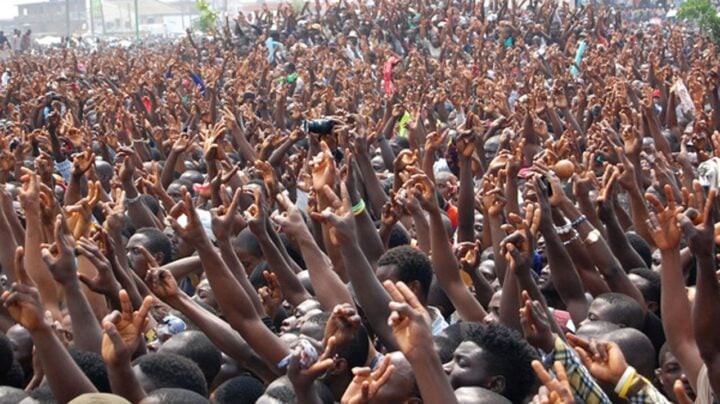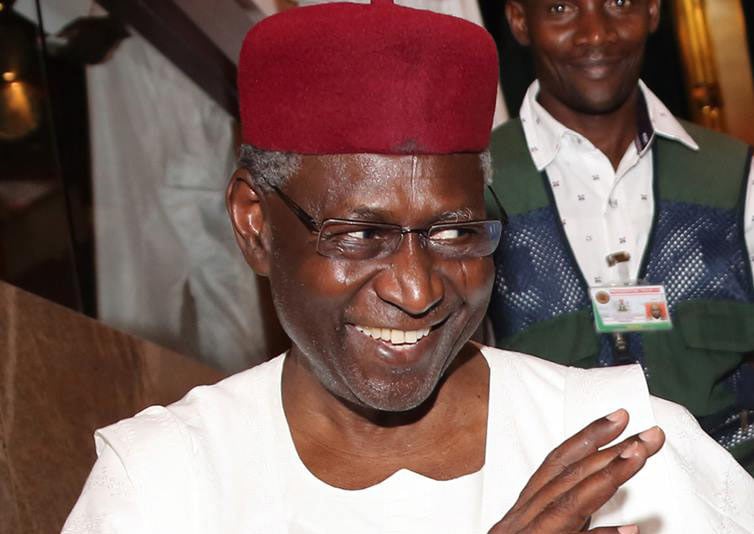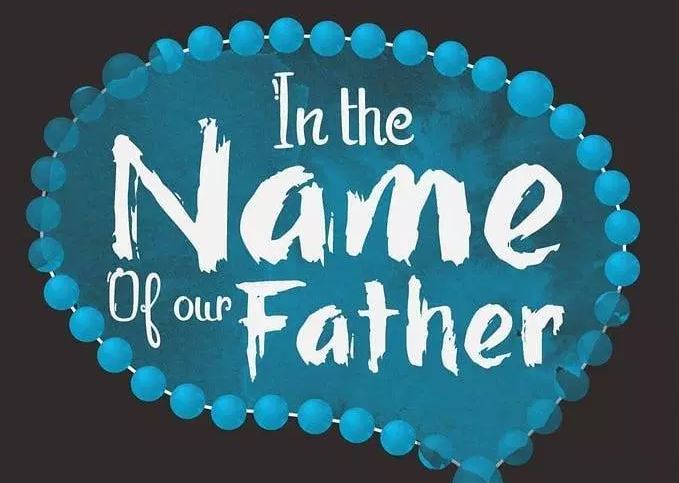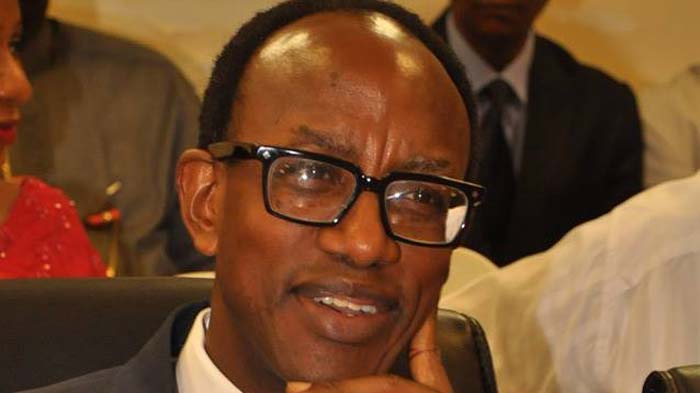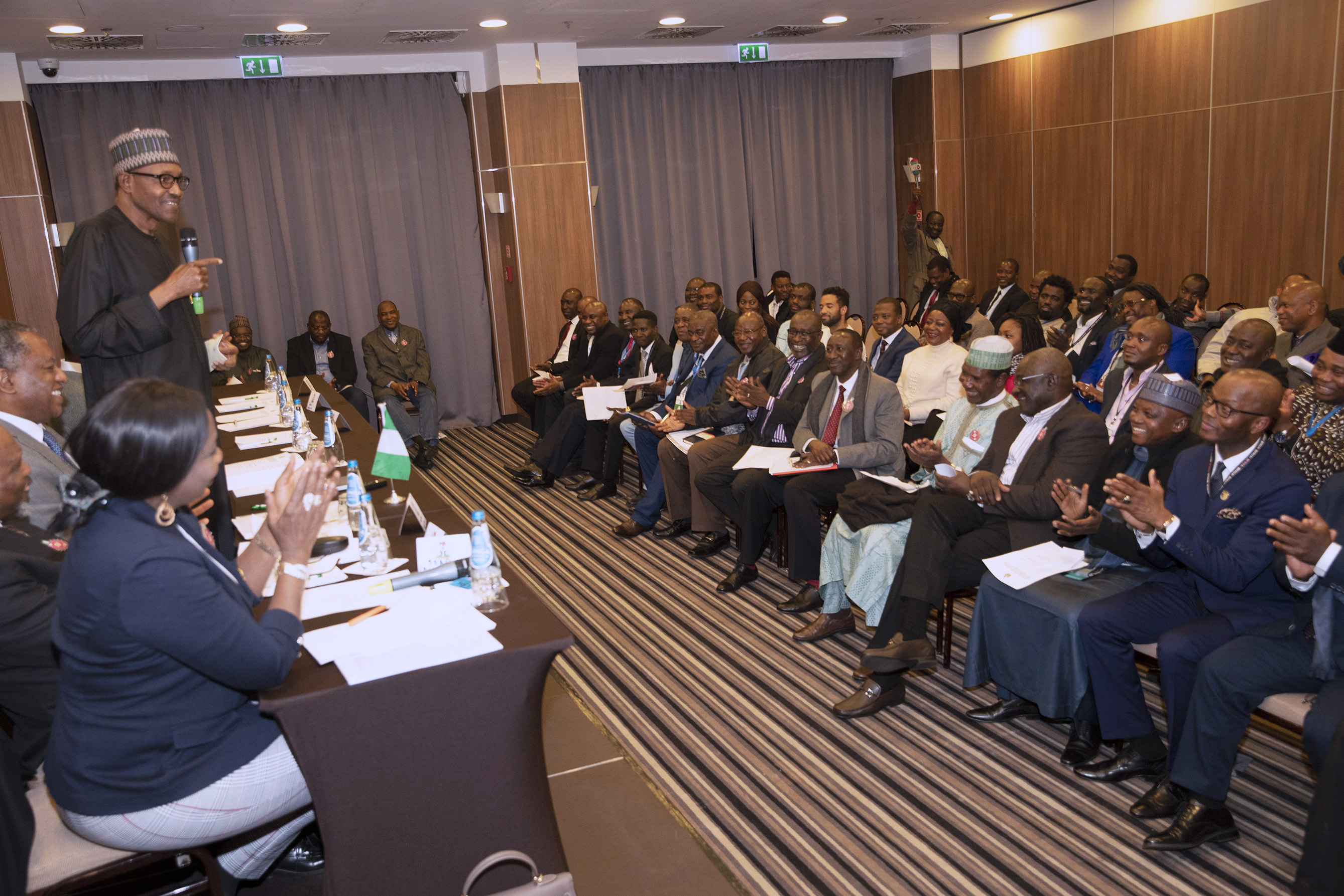File photo of Nigerian youths in a gathering
BY MICHAEL OKOYE
The youth are the most valuable resource of our country. We have an expanding youth bulge – about 65 percent of the Nigerian population is under 35 years. With this, comes the challenge of making the most of the asset.
Investing in the youth has become critical in view of the rising crime rate, especially as recent reports paint a grim picture of a teeming population that is going to tragic waste.
But I believe with a deliberate and sustained effort in creating an enabling environment for the youth to apply themselves productively and with support through empowerment schemes, we can beat this scourge to retreat.
Advertisement
It is one thing to clamour for a reorientation of the youth, but without transformative and sustainable development programmes with empowerment at its core, any reorientation exercise will be an effort in futility.
We must understand that the youth are capable of reaching their full potential if productively engaged. Hence, there cannot be a more crucial time for sustainable youth-centered government and private sector-led social responsibility initiatives than now.
Yes, we can effectively maximise youth potential to ensure a remarkable year-on-year socio-economic growth trajectory if youth based developmental programmes such as ICT training, entrepreneurial seed funding, voluntary skill building, science and invention or agricultural pursuits are on the top burner of public discourse and engagement by industry leaders as well as the nation’s executive and legislature.
And in this instance, Senator Stella Oduah’s growing investment in human capital development and commitment in building a constituency of independent and enterprising young men and women, comes swiftly to mind.
Senator Oduah, upon several engagements, is considered committed to making laws targeting the pressing needs of her constituency and Nigerians. She has been vocal about this being one aspect of solving the nagging problem of youth unemployment and under-utilisation.
Advertisement
She has sponsored the establishment of the Federal University of Aquatic Studies Bill, which seeks the establishment of an institution at Ogbaru, which is a fishing community.
The bill is expected to develop the aquaculture sector of the area by ensuring the availability of highly skilled manpower and development of cutting-edge research and technology for the industry. The impact of this bill is that the youth of Anambra will be equipped with modern-day aquacultural skills, and along the value-chain create jobs for themselves and their communities.
She has also sponsored other bills specific about creating jobs through entrepreneurship such as the Artisan Bill. She has trained more than 10,000 young people on invaluable skills; sponsored trainings at different institutions, recently at the newly established ABS Film Academy in Awka where young people were schooled in movie making, script-writing, acting, make-up and photography.
We cannot talk about curbing criminality without job creation. This is the reason; perhaps, Senator Oduah appears resolute in promoting entrepreneurship programmes with the vision of building economically stable communities.
Advertisement
There are about 20.7 million unemployed Nigerians today – according to a report by the Nigerian Bureau of Statistics (NBS). There are also 98 million Nigerians living in multidimensional poverty. And every minute, six Nigerians are pulled into the vortex of extreme poverty.
I believe there is no freedom until everyone is free from poverty, hunger; hence we cannot lay claim to prosperity when thousands of people in our communities are poor.
Investment in the youth must take priority in the scheme of things. According to the World Bank, investment in people is the key to sustainable economic growth, which reinforces the view that empowering young people is fundamental for the economic development of the country.
A country with a productively engaged young is a country that is primed for socio-economic and technological advancement.
Advertisement
Okoye is a public affairs analyst. He writes from Awka, Anambra.
Advertisement
Views expressed by contributors are strictly personal and not of TheCable.
Add a comment
